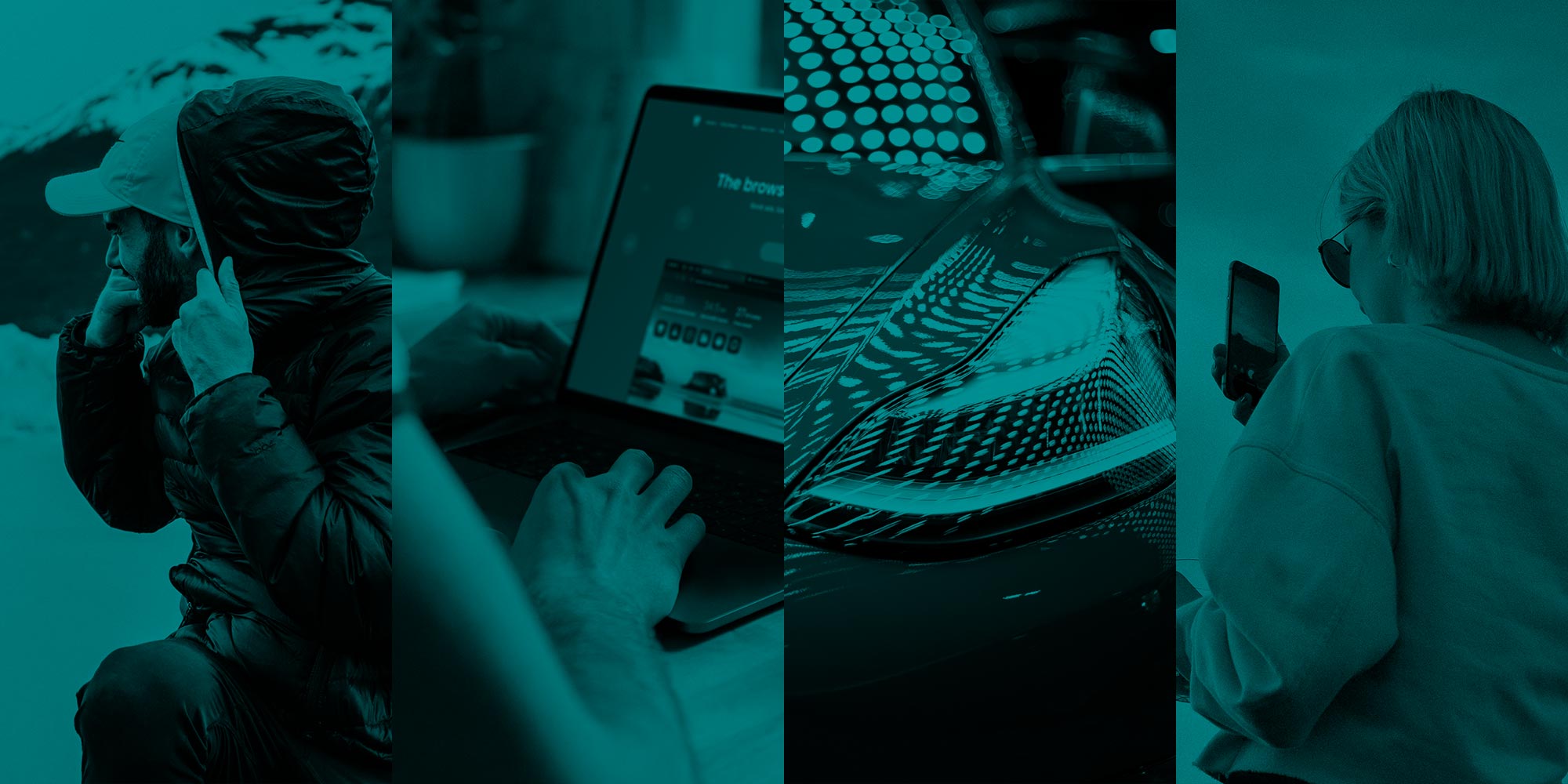With a possible recession looming, brand and marketing budgets will no doubt get cut. While that’s misguided of any company — a strong brand protects you in the worst of times and is an accelerant when emerging from a recession — a budget cut can actually be good news. It gives you permission to focus on doing fewer things more effectively, which can make more of a long-term impact than juggling and resourcing multiple initiatives.
But how can you distill down the one thing that will be most influential for your brand? According to brand guru Scott Galloway, there are three ways to make an impact as a brand — pre-purchase, purchase, or post-purchase. Smart companies pick just one aspect of the brand experience and own it:
Advertising doesn’t have to suck
(pre-purchase)
For the past few years, big brands have cut their ad budgets due to declining ROIs. Nike, however, is all in on establishing their brand through advertising — one viscerally connects with the physicality of Nike ads — and they mainly leave the purchase and post-purchase experiences to retailers.
Transactions transformed
(purchase)
Apple made a conscious choice to limit its advertising to sexy product ads and leave the demand generation to the wireless carriers, who have some of the biggest marketing budgets around. With a freed-up budget and focus, Apple owned the purchase experience with their Apple Stores, delivering a buying experience as elegant and easy to navigate as their products.
Deeper relationships
(post-purchase)
With so much pressure to drive new business, we can neglect to nurture the customers we already have, who are the greatest resources for repeat purchases, referrals, and brand advocacy. That’s where the post-purchase experience comes in. Early on, Hyundai could never compete with the cache of Japanese cars or the marketing budgets of Ford, so they took their now-famous revolutionary tact: an unconditional 7-year warranty. This sent a big signal to the marketplace and car buyers that Hyundais are worth serious consideration and will go the distance (literally!).
Narrowed in on one element of your brand experience to set your focus? Great! Now, what can you do to make an impact on it with smaller budgets and fewer resources? A lot:
01.
Use your budgets more strategically. Spend 70% on current business goals (short-term revenue-centric), 20% on your longer-term goals (brand loyalty), and 10% on experimentation. It may seem crazy to experiment when you’re tight on resources, but you can’t afford to stop learning. The experimentation can help point the way out of the recession, give you ideas for what to invest in when budgets increase, or even help you weather future downturns.
02.
Cut your losses. Are certain initiatives more political than productive — maybe a pet project from the C-suite or long-time programs that are being done because they’ve always been done? Here’s a great chance to jettison those projects and demonstrate what really works
03.
Reset your content strategy. You’re spending resources on it regardless and it’s an easy way to pivot to what matters most to customers in a recession. What attributes of your products are particularly relevant in downtimes? Do you sell expensive goods? Quality things last longer. Do you sell low-cost goods? Who doesn’t want to save money in a recession? It’s also a great time to work on your product reviews — AKA the best content there is.
04.
Give someone a chance to grow. There’s likely someone on your team who is hungry for opportunity and interested in experimenting. Give them an opportunity to lead or participate in any of these special projects.
05.
Shift from selling to helping. In the high-end B2B products or professional services game? There is no industry where customer service is more important. Get your customers on the phone and be a trusted advisor; check in on how they’re doing and whether you can help them with a problem (without trying to sell them anything). Everyone needs a sounding board or thought partner, especially when business is tough. And there’s nothing more powerful in business or in life than a human connection.







